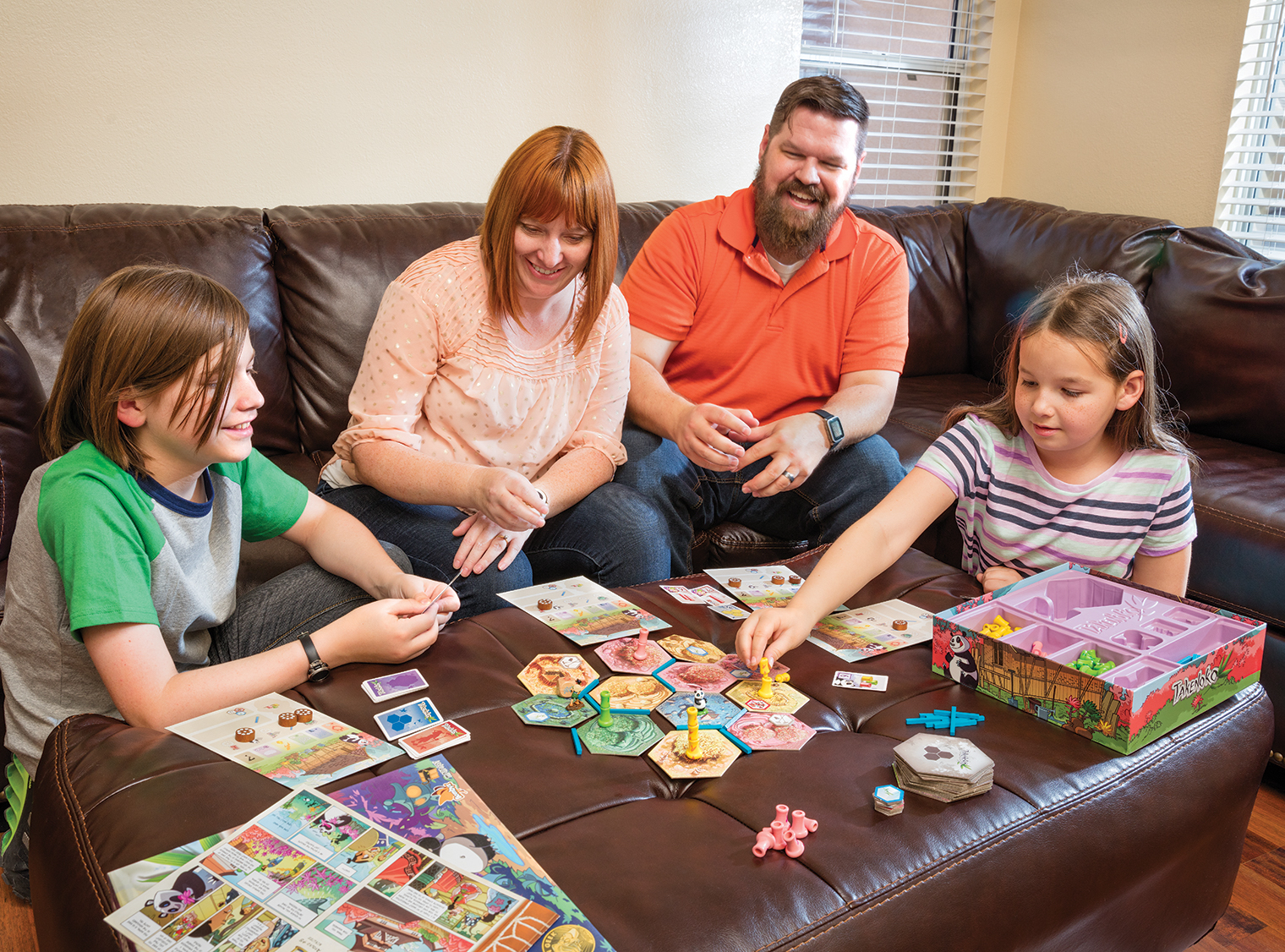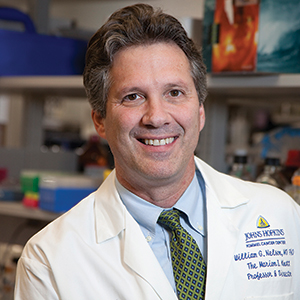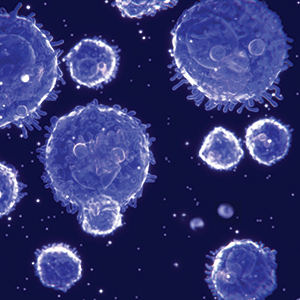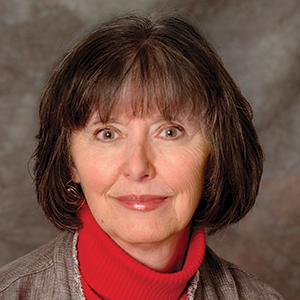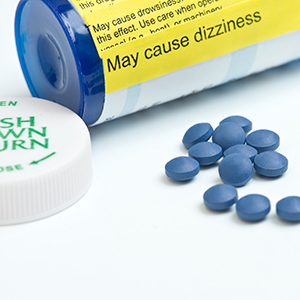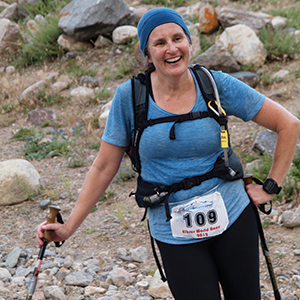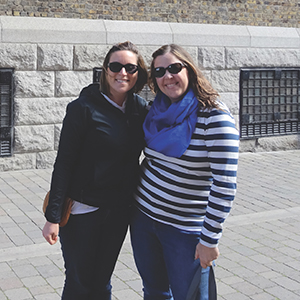Spring 2016 Vol. 06 Issue 01
-
From the Editor-in-Chief
Cancer Research: Back to the BasicsMore basic research is needed to understand how various alterations in genes lead to cancers.
by William G. Nelson, MD, PhD
-
Editor's Letter
Shoot for the MoonHow can Vice President Joe Biden's "Moonshot" initiative make true progress against cancer?
by Kevin McLaughlin
-
Your Cancer Guide
Contemplating CAMComplementary and alternative medicine (CAM) can supplement, but not replace, established cancer treatments.
by Hester Hill Schnipper
-
Caregiving With Confidence
When Roles ChangeFollow these tips for keeping your sense of self despite a shift in responsibilities.
by Carly O'Brien
-
Practical Pointers
Do You Have Questions for Your Health Care Team?Make the most of email, text messages, Twitter and patient portals.
by Ide Mills
-
The Power of 1
Studies focused on individuals rather than large numbers of people can help some patients while advancing knowledge.
by Stephen Ornes
-
The High-Deductible Gamble
High-deductible health insurance plans can leave cancer patients scrambling to pay the bills for tests and treatments.
by Charlotte Huff
-
Survivor Profile
Living in the Here and NowA metastatic melanoma survivor is hopeful but realistic as new treatments become available.
by Jenny Song
-
Q&A
Easing Into ActivityCancer exercise specialist and survivor Julie Goodale offers tips for staying active during and after treatment.
by Ronni Gordon
-
Sound Advice
Your Questions, Our AnswersWhen a family member wants to stop treatment, addressing post-treatment anxiety and sadness, and considering a clinical trial.
-
Get Involved
The Gift of a GetawayGive patients and their families a break from cancer.
by Maria Wolf
-
In the Moment- Spring 2016
Colleen Bokor, Dana Stewart, Brittany Avin.
Multiple myeloma survivor Jonathan Gluck reflects on uncertainty, and the scientific progress that has kept him living with cancer for more than two decades.
by Eric Fitzsimmons
The Enduring Importance of Cancer Disparities ResearchOpening session from AACR conference highlights how perseverance and adversity have informed cancer disparities research over the years.
by Eric Fitzsimmons
Most Cancer Survivors Don’t Meet Healthy Diet GoalsDespite research linking fruits and vegetables to cancer survival, many people do not change their eating habits after diagnosis.
by Darlene Dobkowski
Many People Don’t Get Colonoscopy After Receiving Abnormal Blood TestsAbout half of people who receive abnormal results from colorectal cancer screening tests don’t follow up with a colonoscopy.
by Laura Gesualdi Gilmore

